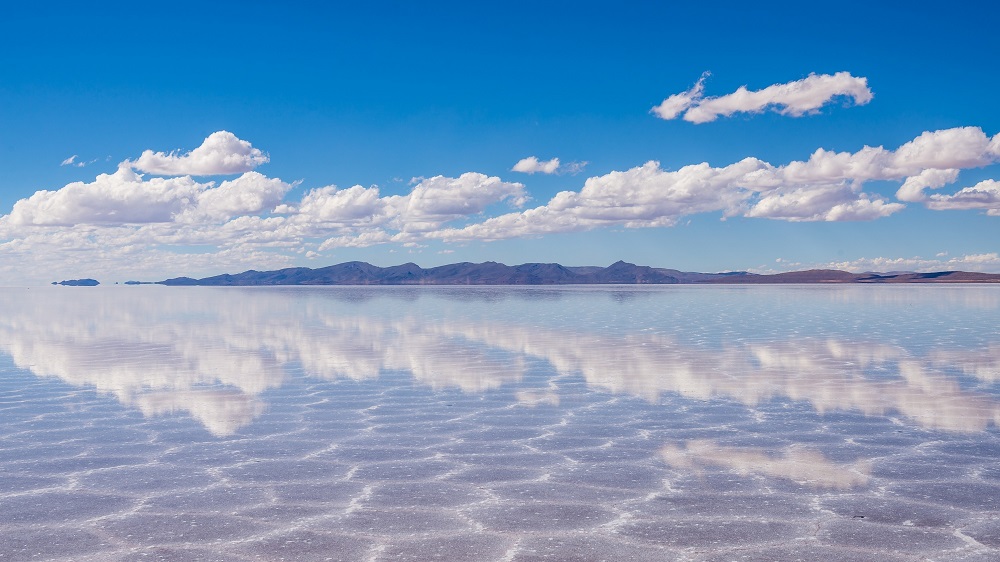
Essentially, the Altiplano (high plateau) here had no drainage outlets, which meant that water from the surrounding mountains once collated to form a giant lake. Salar de Uyuni Map The formation of Salar de UyuniĬontaining an estimated 10 billion tonnes of salt, the question often arises as to how Salar de Uyuni was formed. Unlike any other place on earth, the Salar de Uyuni is breathtakingly beautiful and provides an extraordinary experience that will not be quickly forgotten. In fact, approximately 70% of the world’s lithium reserves are found in Salar de Uyuni and thus it’s not surprising that there’s an entire industry devoted to its extraction. Underneath the cemented salt are large reservoirs of lithium-rich brine.

The landscape is entirely flat, bar a few small ‘islands’ such as Isla Incahuasi, which only accentuates its surreal beauty.

Unlike traditional deserts, which have sand in abundance, the Salar de Uyuni features vast expanses of glistening white salt.

Salar de Uyuni is the worlds largest salt flat, spanning 4086 square miles (10,582 sq.


 0 kommentar(er)
0 kommentar(er)
